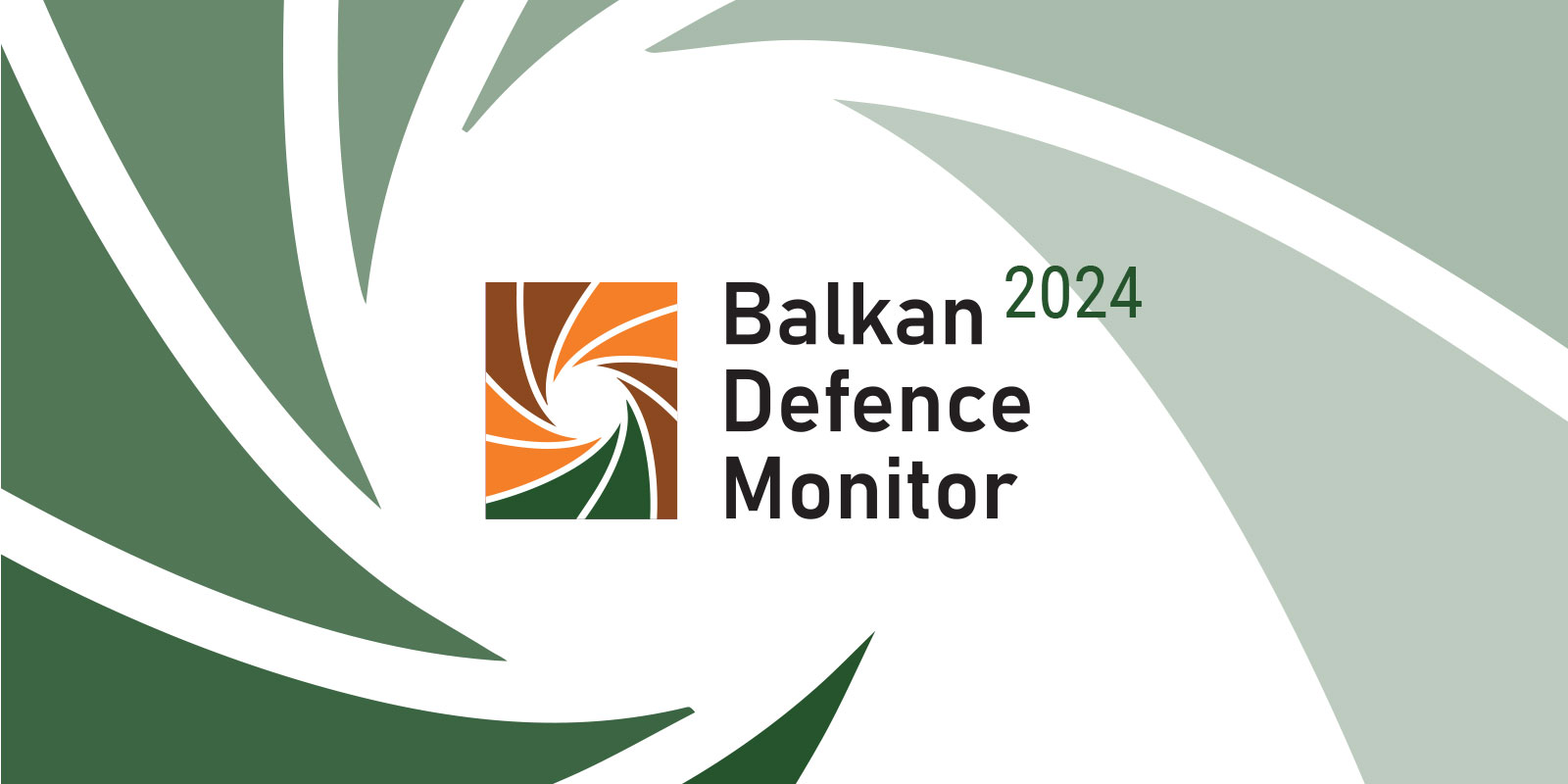PUBLICATION: Working study
Attacks on Civil Society Activists and Organizations in Serbia in 2020
The working conditions deteriorated significantly in 2020 – not only those of civil society organisations (CSOs), but of all social actors who, in performing their activities, express critical views of the current political or social situation in Serbia. More about this topic, find out in the case study written by Bojana Selaković from Civic Initiatives.
Lack of institutional dialogue has led to a deepening of the political crisis in Serbia, which has been recognised by international organisations such as the European Parliament, the European Commission and other organisations dealing with the protection and promotion of human rights. Such an environment has also contributed to the further polarisation of society, the spread of inflammatory and discriminatory rhetoric, and the rise of extremism due to the lack of action of the competent state authorities. These trends have inevitably affected all civil society organisations, regardless of the range of values they represent.
In the absence of communication between politically divided entities, and as a result of the unwillingness of the state to provide an adequate response to all the challenges posed by the Covid-19 pandemic, CSOs made a significant contribution. Instead of being constructive partners and the authorities’ corrective, CSOs – especially those that provide direct services to users from vulnerable social groups – often had to take on the institutions’ obligations of during the crisis.
The previous year brought a growing trend of activities of organisations from the right end of the spectrum that can be divided into two basic groups. One group of activities was aimed at strengthening the so-called anti[1]globalist narrative, which manifested itself through strong anti-migrant messages, but also included spreading false news about various aspects of the pandemic, calling for violations of prescribed health measures and boycotting vaccination. Another aspect of the work of these organisations was reflected in the participation and support of campaigns directed against pro-European organisations in Serbia. However, despite the highly obvious narrowing of the space for civic action and all the restrictions caused by the health crisis, the year 2020 was marked by an increase in informal civic activism as a reaction to the burning problems of the society and specific communities. This was most present in areas of importance for environmental protection, but also in reactions to various aspects of the pandemic.
Unfortunately, their efforts were not recognised or adequately addressed. On the contrary, CSOs have been subjected to constant discreditation initiated and/or led by individuals or groups close to the ruling party. Physical attacks on individual activists have been reported as well, while the “List” case represented the strongest institutional pressure on civil society made by abusing the legal powers of the Administration for the Prevention of Money Laundering.
This case study was developed as part of a joint effort by the Centre for Research, Transparency and Accountability (CRTA), the National Coalition for Decentralisation (NKD), the Belgrade Centre for Security Policy (BCSP) and Partners for Democratic Change, to encourage greater citizen participation in the decision-making process through the project “Citizens Have Power”, supported by the United States Agency for International Development (USAID). The views expressed in this case study are solely those of the authors and do not reflect the views of USAID.
DETAILS
AUTHORS
SHARE
PDF PREVIEW
RELATED

Date: 26.03.2025.
Author: Isidora Stakić |
Human rights defenders are people who act, individually or jointly, to advance human rights and fundamental freedoms and fight for their protection at the local, national and international levels.

Date: 13.06.2024.
Author: Jelena Pejić Nikić | Predrag Petrović |
There are many findings of domestic and foreign research organisations that unequivocally indicate that Serbia is a captured state, with a hybrid political regime. Security institutions play a major role in the capture of the state and the collapse of democracy in Serbia, as well as in preserving the situation the way it is.

Date: 27.02.2024.
Author: Belgrade Centre for Security Policy |
We present you the new Balkan Defence Monitor - independent and comprehensive source of information regarding defence topics in the region.



